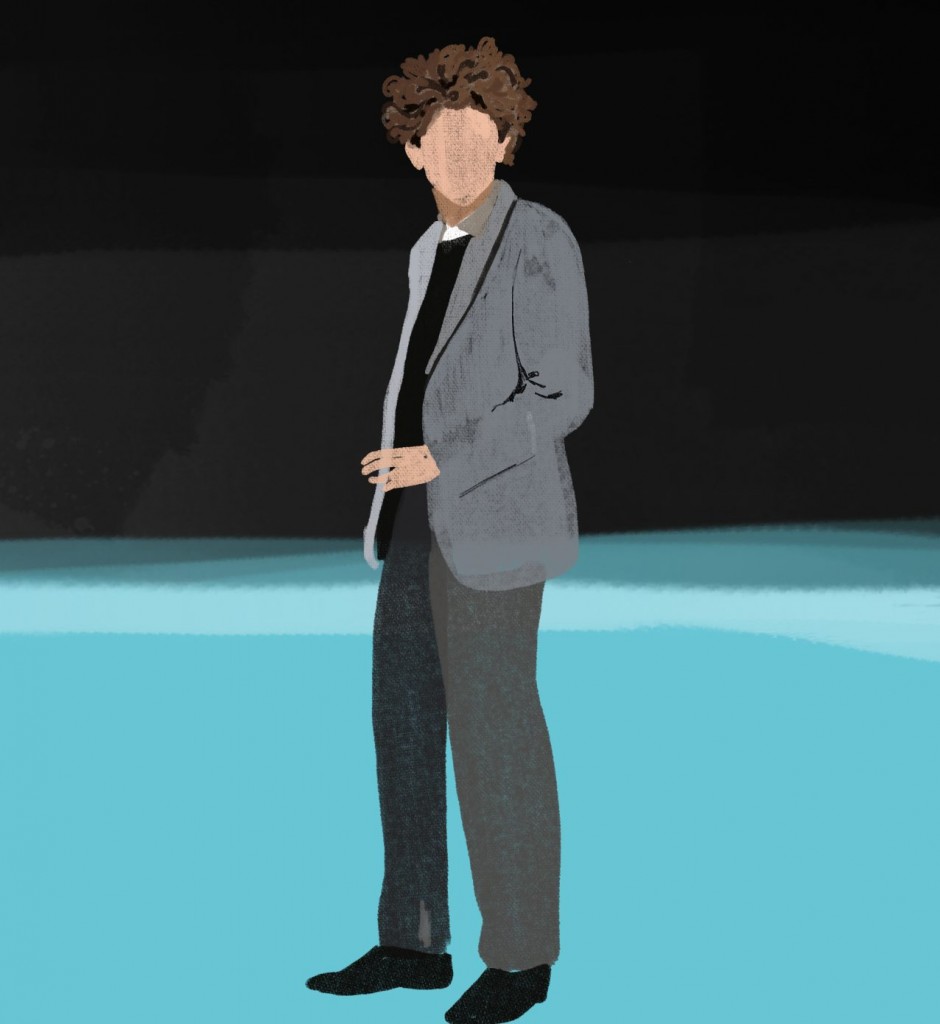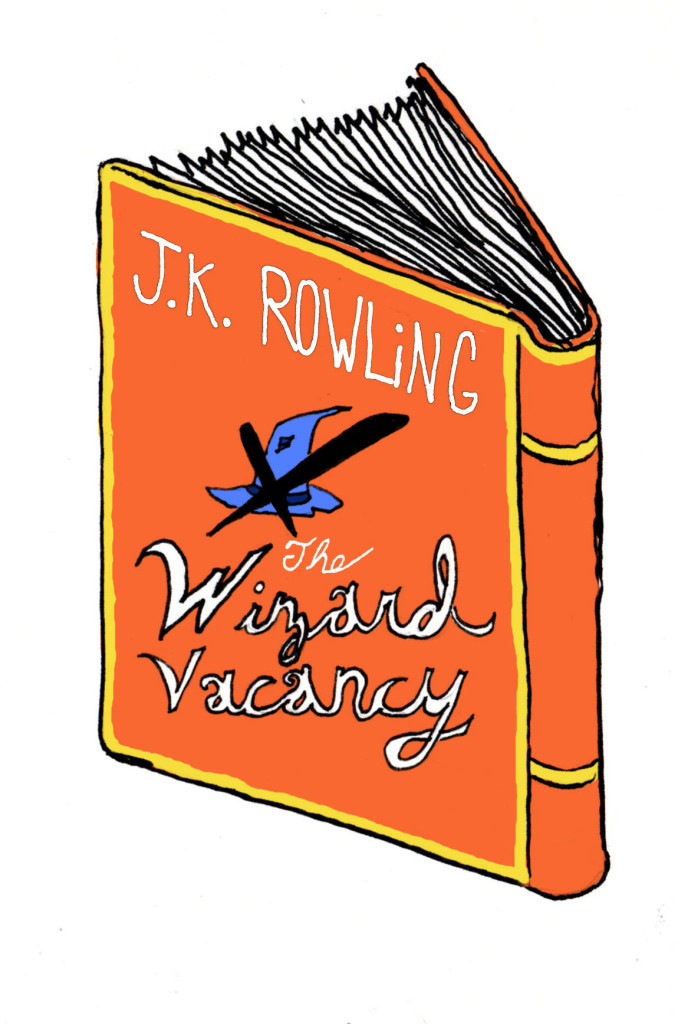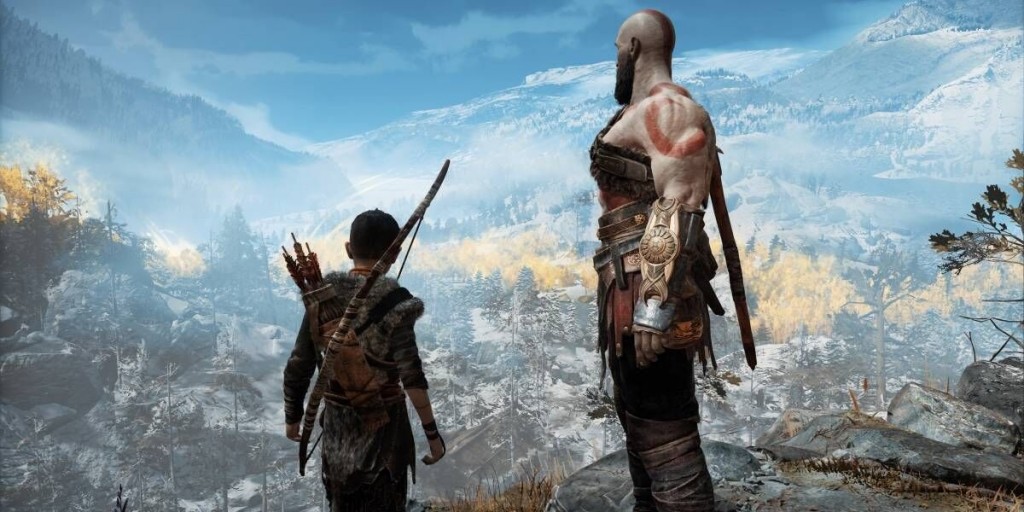
In a sense, The French Dispatch might be Anderson’s best film though I’ll need to give it a second watch when The Criterion Collection releases it on Blu-ray.
No crying
By Jerrison Oracion, Senior Columnist
4/5
The news magazine on TV format was invented when 60 Minutes began airing on CBS in the late 1960s. A story in the show would begin with the host sitting in front of the first page of an article and speaking as if they were reading the introductory paragraph of it. After that, the rest of the story was presented visually; a powerful device to elucidate details that cannot be explained in print form.
Wes Anderson’s newest film shows the fundamentals of journalism by focusing on the last issue of a magazine called The French Dispatch of the Liberty, Kansas Evening Sun. A lot of Anderson’s regulars are in the film as well as new people putting themselves in his recognizably artistic and detailed world.
The editor of the magazine, Arthur Howitzer Jr. (Bill Murray in his first lead role in an Anderson film since The Life Aquatic), passes away from a heart attack while reading greeting cards. Continuing the theme of fathers in Anderson’s films, Arthur is like a father figure to his reporters as four of them revisit their favourite stories to be reprinted in the final issue. Each story shows the writing style of the reporter as well as an aspect of French cinema and takes place in the newspaper’s headquarters in Ennui, France.
The first story is a travel piece by Herbsaint Sazerac (played by Owen Wilson) on the city of Ennui. He travels by bike while tackling the preservation of history with moments that were reminiscent of the films of Jacques Tati. It could have been longer than the film’s two-hour run time, but the remaining stories needed an average time of 30 minutes each. After that, we have an artist profile on Moses Rosenthaler (Benicio del Toro) by J.K.L. Berensen (Tilda Swinton). Rosenthaler is a murderer who gains recognition for a painting of a security guard named Simone (Léa Seydoux).
Presented in the form of a tribute at an art museum, it was the weirdest and most erotic thing that Anderson made and the dialogue in this section was distracting with random thoughts and insults being said for no specific reason especially from the guy that sells Moses’s art, Julian Cadazio (Adrien Brody).
The story by Lucinda Krementz (Frances McDormand) on a student revolution was like watching a Francois Truffaut film with a bit of later Jean-Luc Godard. She helps the leader of the revolution, Zeffirelli (Timothée Chalamet), edit his manifesto which is related to how editing a document could improperly amplify a message and give the wrong idea.
For the final story, Roebuck Wright (Jeffrey Wright) presents the cuisine of a police officer who is also a chef for the police commissioner named Lt. Nescaffier (Stephen Park) through a TV interview.
In a sense, The French Dispatch might be Anderson’s best film though I’ll need to give it a second watch when The Criterion Collection releases it on Blu-ray. At times, there would be colour and the aspect ratio changes to show something important but it would have been more balanced if each segment was presented in one colour. Hopefully, it includes a replica of the magazine that is seen in the film.


